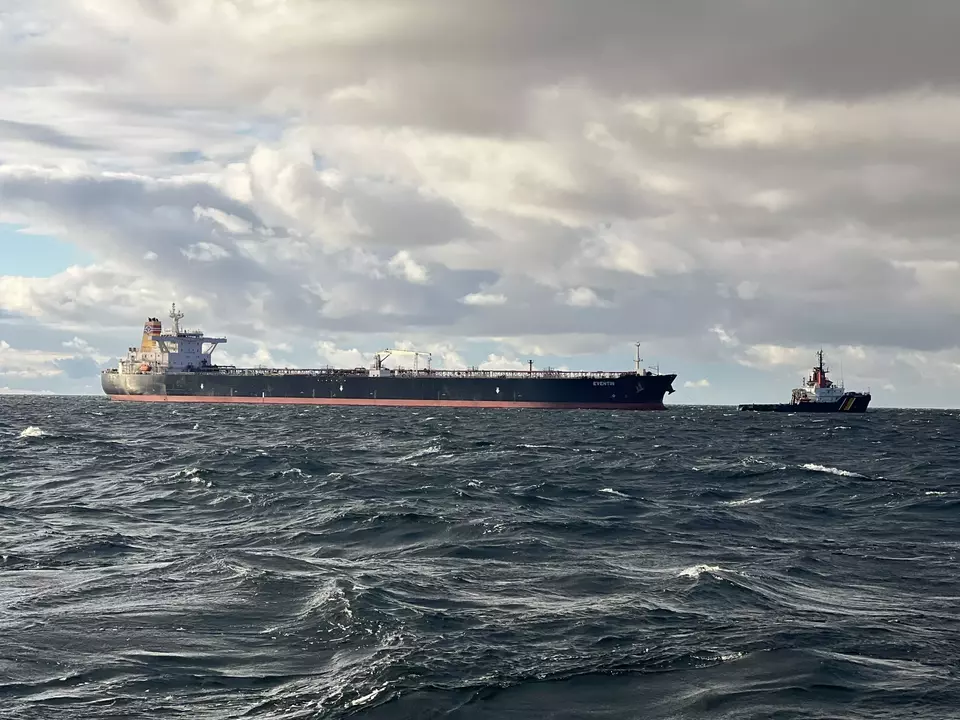The maritime industry faces a growing challenge with the rise of the “shadow fleet,” a term coined for vessels operating outside of international regulations. This issue has gained significant attention due to its implications for safety and the maritime environment. Recently, the Secretary-General of the International Maritime Organization (IMO), Arsenio Dominguez, highlighted the increasing risks posed by these unregulated oil tankers.
Understanding the Shadow Fleet
The shadow fleet comprises hundreds of ships used by countries like Russia, Iran, and Venezuela to export oil, circumventing international sanctions. These vessels operate in violation of restrictions imposed due to geopolitical conflicts, such as the Ukraine war. The U.S. sanctions package announced on Jan. 10 has led to at least 65 oil tankers anchoring off the coasts of China and Russia, indicating a surge in shadow fleet activities.
Environmental and Safety Concerns
The environmental impact and safety risks associated with the shadow fleet are alarming. Aging tankers, which often form the backbone of this fleet, pose significant threats to both the environment and the seafarers onboard. Dominguez expressed concern over the increasing number of incidents involving collisions and vessel breakdowns in recent months.
Aging Tankers: A Ticking Time Bomb
Older vessels are more prone to mechanical failures and accidents, endangering the lives of seafarers and the maritime environment. The IMO has long been aware of the issues surrounding substandard shipping, but the problem persists due to lax enforcement by smaller flag registry countries. These registries often turn a blind eye to compliance and sanctions regulations, allowing shadow fleet tankers to operate with impunity.
Ship-to-Ship Oil Transfers: A Risky Business
One of the most dangerous practices of the shadow fleet is ship-to-ship oil transfers in open seas. These transfers are carried out with little regard for safety, increasing the risk of oil spills and other environmental disasters. The IMO is taking steps to address this issue, with a meeting scheduled in March to follow up on a resolution adopted in 2023 aimed at greater scrutiny of these transfers.
IMO’s Role in Mitigating Risks
The IMO plays a crucial role in mitigating the risks posed by the shadow fleet. By engaging with smaller flag registry countries and pushing for stricter enforcement of international regulations, the IMO aims to reduce the environmental impact and safety risks associated with these vessels. Dominguez’s meetings with these countries are a step in the right direction, but more needs to be done to ensure compliance.
Conclusion
The shadow fleet’s growth poses significant challenges to the maritime industry’s safety and environmental standards. Aging tankers, risky ship-to-ship oil transfers, and lax enforcement by smaller flag registries exacerbate these issues. The IMO’s efforts to address these concerns are commendable, but sustained international cooperation is essential to effectively mitigate the risks posed by the shadow fleet.
As the maritime industry continues to grapple with these challenges, it is crucial for all stakeholders to work together to ensure a safer and more sustainable future for the maritime environment and seafarers alike.


Leave a Reply